Apparently oracle doesn't seem to distinguish between empty strings and nulls. E.g.
Select name from TABLE_A where id=100;
ID NAME
100 null
Update TABLE_A set NAME='' where id=100;
SELECT -->
ID NAME
100 null
SELECT length(NAME) FROM TABLE_A WHERE id=100;
null
I can't think of any good reason why Oracle would be built to behave this way (does it do this in sqlplus as well?-I'm accessing through a java interface, the article referenced used a php client).
Wouldn't you at least want to distinguish 0 length from undefined length? Is this a known issue? Intentional behavior for some specific purpose? A long-running dispute in database theory? What gives?
(This was prompted by Matt Solnit's answer to this question.)
